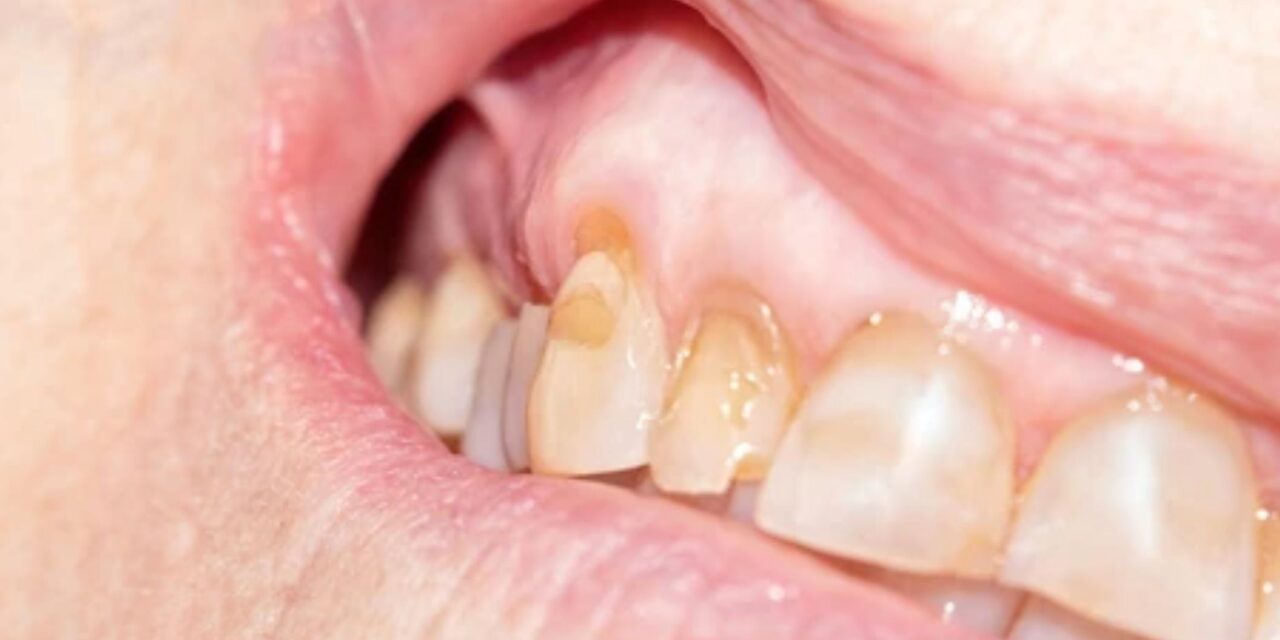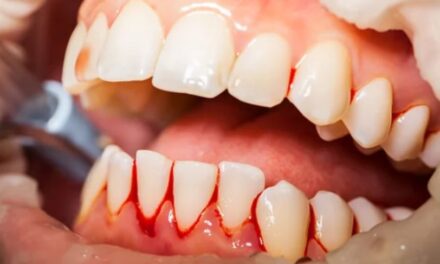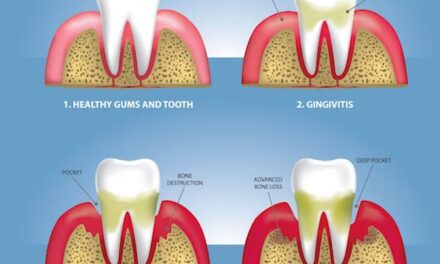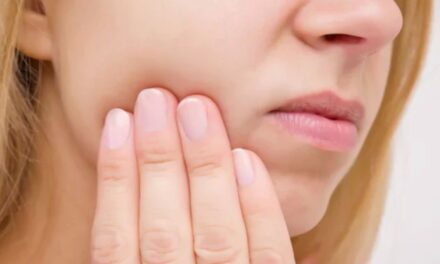Exposed dentin is a dental condition that can cause significant discomfort and sensitivity. Here, we delve into the topic and shed light on its causes, the problems it poses and treatments for this issue.
What is Exposed Dentin?
This is a condition where the protective layer of enamel on the teeth wears away. Dentin is the layer beneath the enamel and comprises tiny tubules that connect to the nerve endings. Dentin exposure can result in you being more sensitive to changes in temperature, touch and to certain foods.
Causes of Exposed Dentin
- Gum recession: Receding gums expose the tooth roots, which leaves the dentin vulnerable.
- Enamel erosion: Acidic foods, beverages and improper oral hygiene practices can erode the protective enamel layer, leading to dentin exposure.
- Tooth grinding: Persistent teeth grinding or clenching can wear down the enamel, exposing the dentin.
- Fractured teeth: Cracks or fractures in teeth can compromise the integrity of the enamel.
Problems & Discomforts
- Tooth sensitivity: Sensitivity to hot, cold, sweet, or acidic substances can intensify due to this condition.
- Discomfort during eating: Experiencing discomfort or pain when consuming hot, cold, or hard foods.
- Increased risk of decay: As dentin lacks the protective qualities of enamel, it is more susceptible to decay, potentially leading to cavities.
- Aesthetic concerns: Dentin exposure can consequently cause teeth to appear discoloured or yellowish, which affects your overall smile.
Treatments for Exposed Dentin
- Desensitising toothpaste: ‘Sensitive’ toothpaste will almost certainly help alleviate sensitivity by blocking the tubules in the affected dentin.
- Dental bonding: Dentists can apply tooth-coloured resin to cover any bothersome dentin and protect it from further damage.
- Dental sealants: A dentist can apply a thin protective coating to cover the dentin and shield it from sensitivity and decay.
- Gum grafting: In cases of gum recession, tissue grafting can help restore the gum line and reduce the dentin exposure.
The Role of a Dentist in Treating Exposed Dentin
A dentist who specialises in prosthodontics (restorative dentistry) is well-equipped to address this condition. By assessing the extent of the exposure, identifying the underlying cause and recommending suitable treatment options, your dentist will help alleviate discomfort and restore your oral health.
Summary
- This dentin condition causes sensitivity, discomfort and aesthetic concerns, which makes it essential to seek professional dental care.
- Understanding the causes, problems and available treatment options therefore empowers you to take proactive steps towards maintaining optimal oral health.
- By visiting a specialist dentist, you’ll consequently receive the right care care, alleviate the sensitivity and boost your overall dental well-being.





